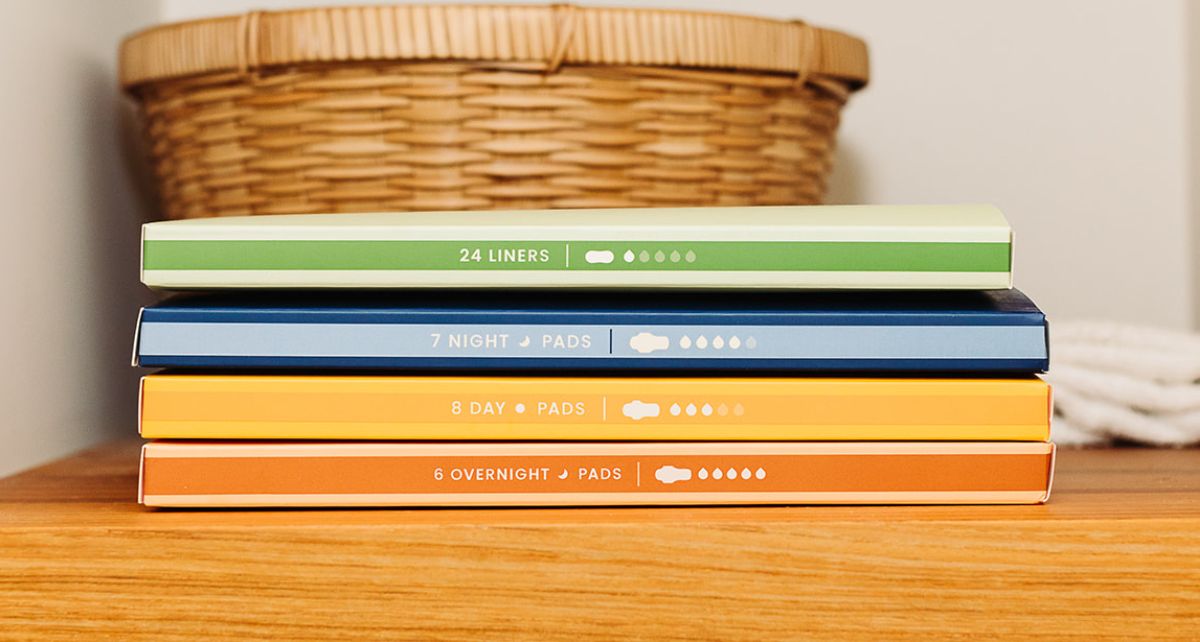Have you thought about the impact of period care on plastic waste?
The statistics are staggering:
- Most disposable pads are made of up to 90% petroleum-based plastic. Each conventional sanitary pad contains about the equivalent of four plastic bags.
- In the U.S., approximately 12 billion pads and 7 billion tampons are discarded annually. These products generate over 200,000 tons of petroleum-plastic waste per year.
- It takes 500-800 years for a single petroleum-based plastic disposable pad to decompose due to its materials .
- Tampons with applicators also contribute to plastic waste, which can take centuries to break down.
- The breakdown of these products contributes to microplastic pollution, which has significant impacts on marine life and ecosystems.
Your period has options
Many conventional menstrual products rely on plastic made from petroleum, a non-renewable fossil resource. But guess what? You have choices that are not only better for the planet but also better for you!
joni pads feature a wrapper and protective layer made from cornstarch, a plant-based material, making them biodegradable and compostable in the right conditions.
joni tampons are made with organic cotton. They’re compostable, including the wrapper, which is made of cellulose.
While not all municipal compost collections currently allow the disposal of used menstrual products, some do. You can help by petitioning your municipality to allow their disposal! It’s a small step that can make a huge difference.
What difference does it make?
A big one.
With joni, you can help divert petroleum-based plastics from landfills. Since March 2020, we have helped to divert 204,117 kgs (450,000 lbs) of petroleum-based plastics from landfills. Imagine the impact we could make together over the next few years!
What to learn more about plastic free periods?
Here are some blog posts trending on getjoni.com this month for Plastic Free July.
Creating Sustainable Period Friendly Workplaces
Guest Post - Leesha Toory: The Green Future of Accessible Period Care
What Does Sustainability Mean for Menstrual Equity
Equitable Plastic Free Periods
Choosing sustainable period products isn't just a trend; it's a movement. And every time you make a conscious choice, you're contributing to a healthier planet. So why not join us in making a positive change? Your period, your choice, your impact.
